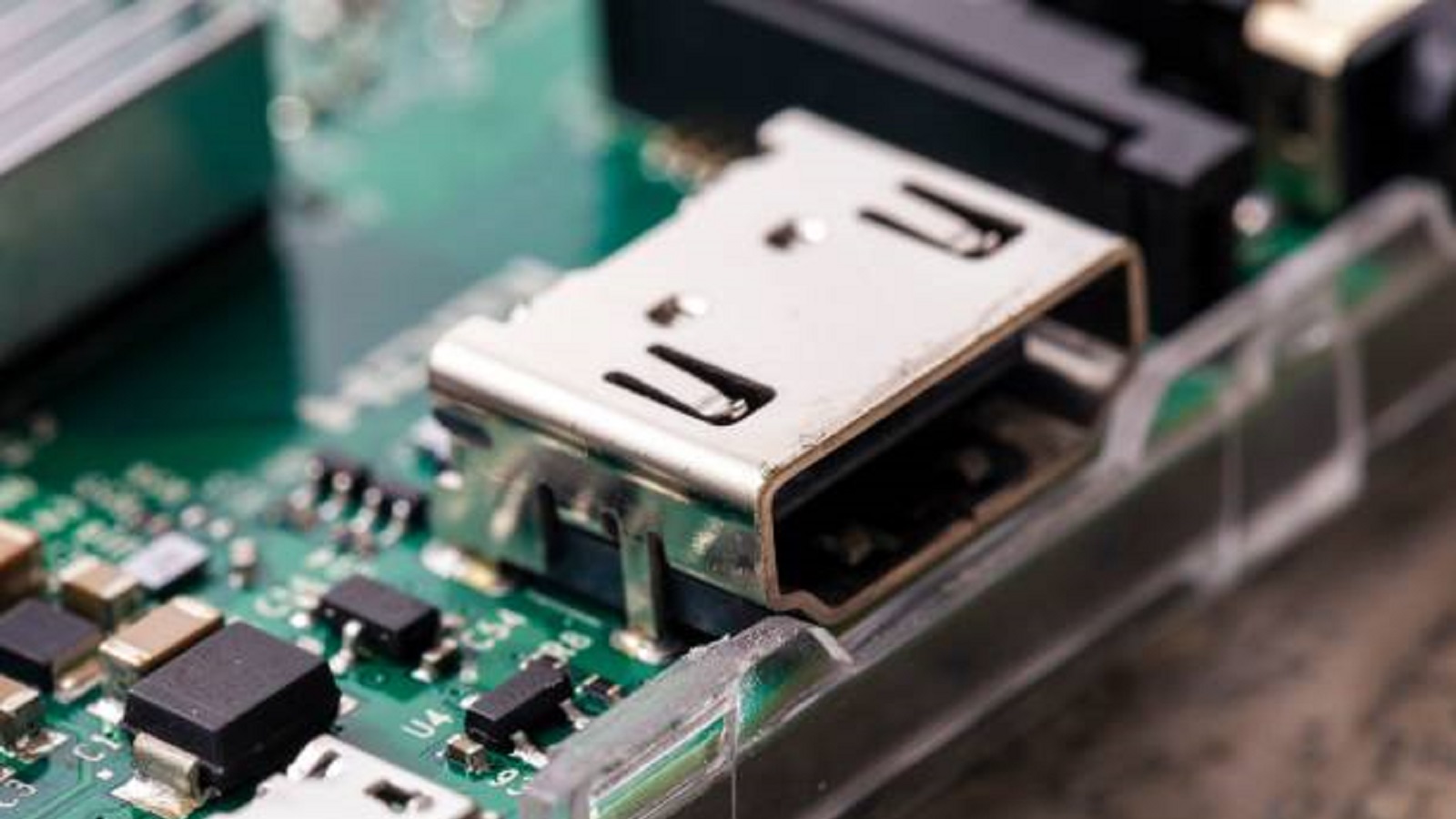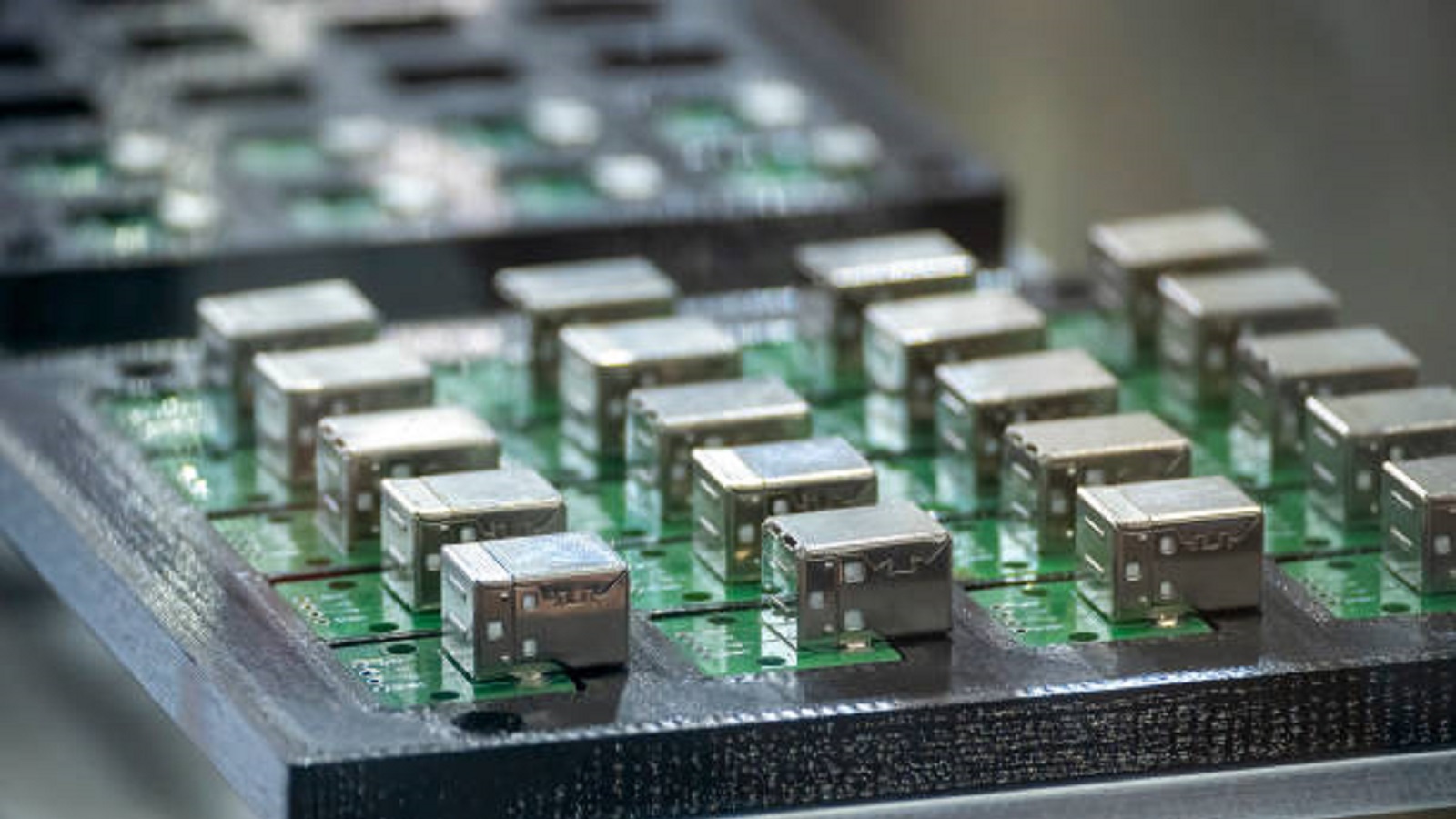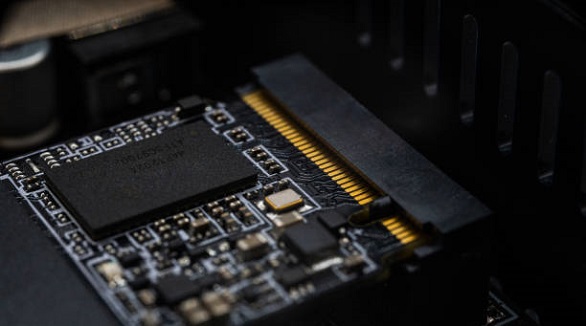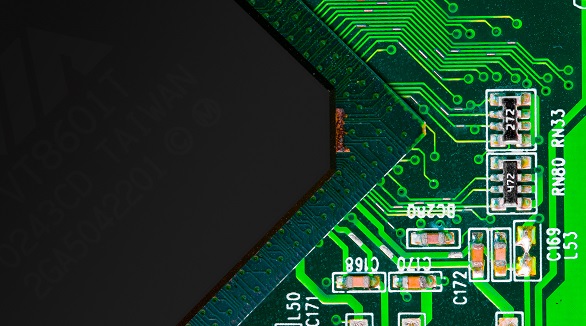How USB Host Shields Expand Microcontroller Capabilities
USB Host Shields expand microcontroller functionalities by enabling USB connectivity, crucial for applications in DIY projects, IoT, and prototyping environments.
In a world where devices increasingly communicate with each other, the extension of functionality for the microcontrollers to interface with USB devices has been deemed highly important. The USB Host Shield is one such essential tool, which allows microcontrollers to turn into hosts to USB peripherals. This article gives an overview of how the inner working of the USB Host Shield elaborates: components of functionality and applications.
The USB host shield is basically an add-on board for microcontroller platforms, which by default may not have the native support for USB host functionality. It finds wider applications in DIY electronics projects, educational setups, and prototyping environments, especially with Arduino boards, by enhancing interaction with USB-enabled devices.
Core Components and Functionality
USB Host Controller Chip
The centerpiece of the USB Host Shield is the USB host controller chip, usually a MAX3421E. It manages the USB protocols, enabling your project to interface and control devices over USB: the process of controlling USB data transfers, device attach and detach, and general communication between the host and peripheral. It maintains all the required communications with the attached USB devices, such as keyboards, mice, game controllers, and flash drives.
It performs USB-specific tasks such as enumerating devices currently being plugged into it, handling the control transfer requests from the microcontroller, and maintaining the appropriate signaling on the USB bus. In managing these tasks, the host controller enables the USB peripherals to interface seamlessly with the host shield.
SPI-Communication Protocol
The USB Host Shield uses the Serial Peripheral Interface, or SPI, bus to interface between it and the microcontroller. The Serial Peripheral Interface Bus or SPI is a synchronous serial communication standard operating in full-duplex mode that provides very high speeds along with accurate control. Using SPI, the microcontroller can send commands and receive data back from the USB host controller to drive the interaction with the connected USB devices. This is done in view of efficiency besides being able to handle the fast exchange of data in USB transactions.

Power Supply Management
USB devices need good power to work properly, and the USB Host Shield regulates this from the board to the USB port. The shields, while providing the required voltage and current to the attached device, may further include on-shield features that help in the prevention of problems regarding power, including overloads. Some shields have power management switches or regulators for the sake of stable power delivery to keep the connected devices safe and intact.
Software Libraries
The use of software libraries is integral when working with a USB Host Shield. Most platforms, such as Arduino, utilize specific libraries, including "USB Host Shield Library", for an easy-to-use interface that is needed to manage devices and data. Such libraries abstract the low-level, complex details about USB protocols and provide high-level functions that directly interact with the devices, initialize hardware, read and write data packets, or maintain states for devices.
Most of the libraries also provide support for many USB classes: HID, mass storage, CDC, etc., making a wide range of devices compatible and greatly easing the process of development.
Applications of USB Host Shields
The abilities provided by USB Host Shields allow microcontrollers to obtain quite new levels of functionality. In that respect, a lot of practical applications can be developed:
Peripheral Integration: The capability for peripheral connections, like keyboards, mice, and game controllers, enables users to develop personalized input solutions for a wide array of projects. This is especially useful when you're trying to develop some sort of interactive setup or specialized control interface.
Data Management: Interoperability with USB mass storage devices like flash drives facilitates both data logging applications and support for custom file management systems. This is highly useful in applications where a portable solution for acquiring or backing up data becomes necessary.
Internet of Things and Robotics: In projects dealing with IoT, USB Host Shields come in handy when cameras, sensors, or other data-intake devices are needed for the robot to independently get enhanced sensory input and perform real-time data processing via the internet.
Networking and Communications: The employment of USB modems and network adapters may extend the capabilities of network connectivity for microcontrollers and broaden the perspectives of using remote control and monitoring of stand-alone projects with real-time data exchange.
Top 5 USB Host Shield Manufacturers
How to choose the right USB Host Shield for your projects considers these manufacturers reputed to provide quality and reliable products. A number of manufacturers provide different USB Host Shields by features, capabilities, and compatibilities. This is the top five list of USB Host Shield manufacturers for your next project:
SparkFun Electronics
SparkFun is well-recognized for its open-source hardware components, and this continues to be the case with its USB Host Shield. The SparkFun USB Host Shield is designed on the philosophy of offering easy compatibility with Arduino microcontrollers by having good and deep compatibility with many types of USB devices. It gives in-depth documentation for such support-one necessary for both the beginning and experienced user. This company knows how to handle educational support with their products quite well; hence, their products are quite good starting points as one learns and experiments.
Adafruit Industries
Adafruit Industries is another leading company within the maker community and is highly regarded for its excellent electronics with detailed tutorials. While Adafruit sells a wide variety of accessories related to microcontrollers, in practice their kits, and related components for USB interfacing make coupling any existing setup with USB capabilities quite easy. It has been very user-centric with the guarantee that complex functions have wide learning resources to support them.
DFRobot
DFRobot is a leading company in providing innovative electronics and open-source hardware. Their products have been designed to make electronics approachable and easy to work with. Most of their USB Host Shields have proven to work with Arduino platforms both easily and efficiently. DFRobot produces robust products that will do the job from educational projects to professional ones. Besides, they are offering different types of sensors and modules with respect to extending projects .
Seeed Studio
Seeed Studio is one of the pioneers in modular electronics, known for the Grove system. From USB-related shields to modules, the variety supports a wide range of applications in IoT, robotics, and so on. Seeed Studio is focused on modularity, so integrating the USB Host Shield with other components is pretty easy and smooth, supporting different development boards other than Arduino.
Olimex Ltd
Olimex Ltd. develops open-source hardware and development tools, including USB Host Shields that support extended interfacing capabilities. Most of its products are widely known to be robust, with some long-term reliability, sometimes supported by a wide range of compatibility with different microcontroller platforms. Olimex has very good documentation and support, making its shields very reliable for professional applications requiring stability in USB connectivity.
PCB Assembly and Its Importance
Integrating USB Host Shield functionality on a custom PCB using professional PCB assembly processes marks one sure way of developing more streamlined and efficient electronic products. Here is why PCB Assembly is important:
Custom Integration: Embed the USB host controller chip directly in a PCB design, thereby avoiding the use of external modules. This reduces device complexity and improves reliability.
Optimized Design: The custom PCB will allow the designer to better optimize his layout, allowing for better space management and reducing electromagnetic interference for better signal integrity.
Cost Efficiency: If the production run is big enough, adding some USB functionalities to a PCB can be cost-effective. Using professional services for the assembly of PCBs will further ensure quality and consistency.
Scalability: Since custom PCBs are scalable, making any changes or additions to their features in future versions will be pretty easy and flexible about the design.
Precision Manufacturing: The PCB assembly services reassure precision through advanced manufacturing processes that are so crucial for high-performance functionality in USB devices.

The USB Host Shield is a base that upgrades the capabilities of projects with a microcontroller by communicating with a wide range of devices: one of the main keys to electronic innovation and multi-functional electronics design. In depth, it offers valuable information necessary for enhancing the functionality of various electronic gadgets. To an extent, it is possible to incorporate these functionalities into custom PCBs while making sure to assemble them carefully in order to fully upgrade performance and the scope of electronic solutions using full USB technology potential.
Hot Tags:
Contact us

If you can't find what you're looking for, please contact us.
Article

Smart switches enhance home automation with features like voice control, remote access, and energy monitoring, using PCBs for efficiency and connectivity.

Black FR4 PCBs offer aesthetic and functional benefits, including light blocking, heat dissipation, and enhanced signal performance, suitable for electronics.

Tab routing enhances PCB production efficiency and quality, ideal for complex shapes. It offers cost-effectiveness, flexibility, and protection, crucial for high-precision designs and panelization.
